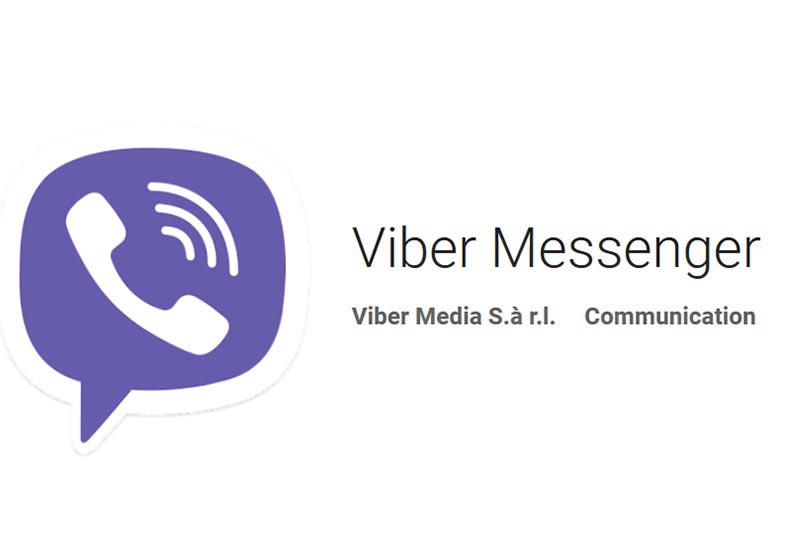Technology to empower children, youth
KATHMANDU, JULY 11
Rakuten Viber, one of the world’s leading messaging apps for free and secure communication, and UNICEF, working for child rights in Nepal, have collaborated to launch U-Report Nepalchatbot on Viber.
U-Report Nepal is a community participation tool empowering young people to be active advocates for positive change in their communities. The partnership has also launched a free Viber sticker pack called ‘Covidko Kura’ or COVID talks.
According to a press release issued by UNICEF Nepal, U-Report Nepal is a chatbot on Viber that enables young people to receive information related to COVID-19, mental health issues, and other relevant matters. It enables direct and rapid data collection and analysis while maintaining users’ privacy safety by keeping them anonymous.
The bot users can also share their opinions and voices through the bot’s built-in surveys. U-Report Nepal is designed to address issues that young people care about so that state institutions, non-governmental and international organisations as well as media, can have informed decisions and strategies guided by the poll results.
“Viber has always strived towards making itself a platform to empower youths.
Especially in the context of Nepal, where mental health and other concerning issues are less talked-about, we hope that U-Report Nepal chatbot provides a medium for the youth to get connected with authentic and reliable information. This also empowers them to be heard and become a more active part of the community, “ said Anna Znamenskaya, Chief Growth Officer of Rakuten Viber.
“U-Report is a critical tool in UNICEF’s engagement with young people. Over the past few months of the COV- ID-19 pandemic, young people all around the world have engaged with U-Report more than 20 million times.
So, we are delighted to collaborate with Viber to provide the opportunity for young Nepali people to share their views on matters that affect them,” said Elke Wisch, UNICEF Representative to Nepal. “This platform is an important part of enabling the young generation to access life saving information and use their own networks for good.”
A version of this article appears in e-paper on July 12, 2020, of The Himalayan Times.






